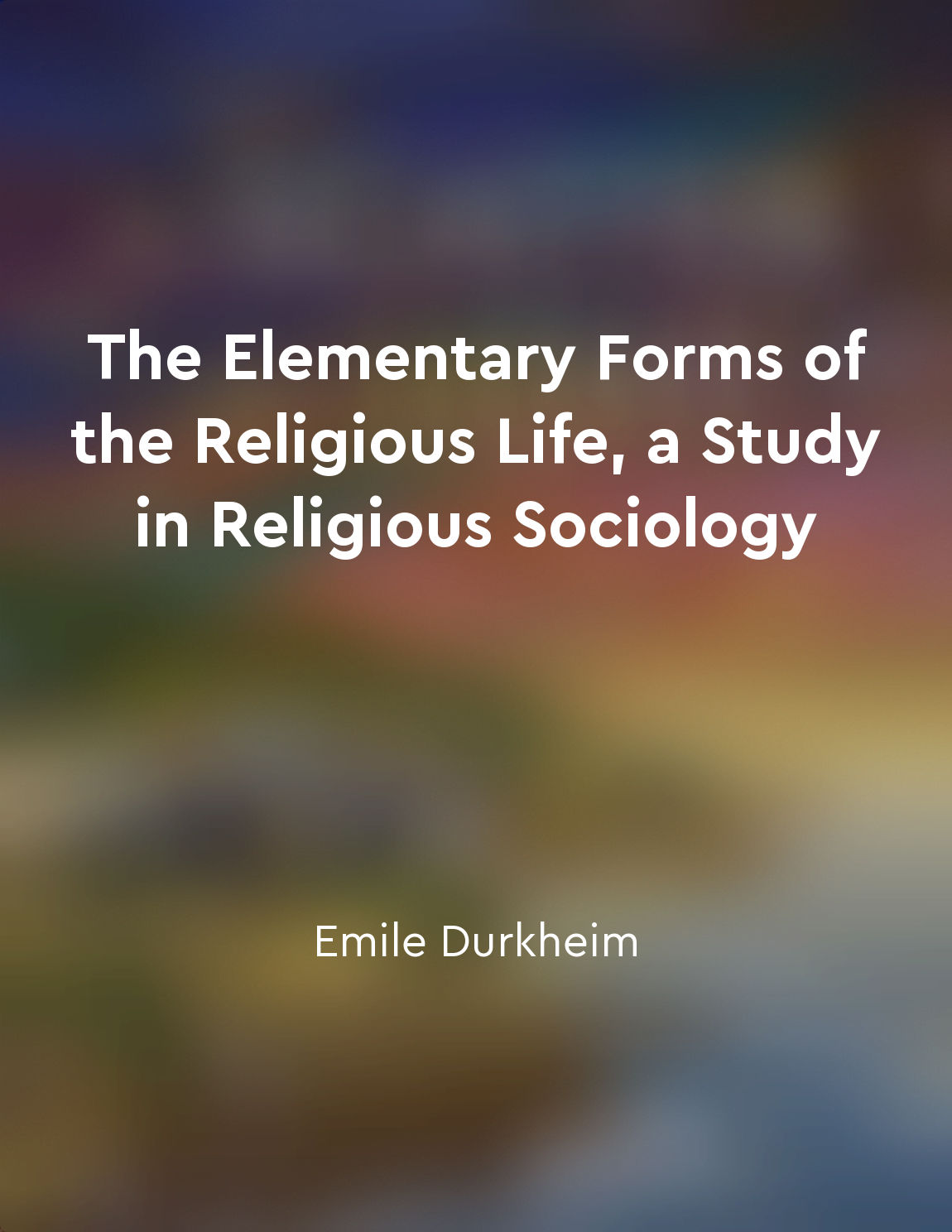Religious practices provide comfort and guidance in facing death from "summary" of How We Die by Sherwin B Nuland
In the face of death, many turn to their religious beliefs for solace and direction. The rituals and traditions of various faiths offer a sense of comfort in the midst of uncertainty and fear. For some, the structure and familiarity of religious practices provide a framework for understanding and coming to terms with mortality. Whether it be prayer, meditation, or communal gatherings, these rituals can help individuals feel connected to something larger than themselves, offering a sense of purpose and meaning in the face of death. Religious teachings also provide guidance on how to navigate the emotional and spiritual complexities of dying. From concepts of an afterlife to teachings on forgiveness and compassion, faith traditions offer a moral compass for individuals nearing the end of life. These teachings can help individuals confront their fears, find peace, and make sense of their own mortality. By turning to their religious beliefs, individuals may find a sense of hope and transcendence that can help alleviate some of the fear and anxiety surrounding death. In addition to providing comfort and guidance, religious practices can also serve as a source of community and support for those facing death. The shared beliefs and values of a religious community can help individuals feel less alone in their struggles and provide a sense of solidarity during difficult times. Through prayer, fellowship, and acts of service, individuals can find strength and connection with others who share their faith. This sense of belonging can be a powerful source of comfort and companionship as individuals navigate the challenges of dying.- Religious practices play a significant role in helping individuals cope with the realities of death. By offering comfort, guidance, and community, faith traditions provide a source of solace and support for those facing the end of life. While the prospect of death may be daunting, the rituals and teachings of religion can offer a sense of peace and understanding that helps individuals navigate this universal experience.
Similar Posts
Selfactualization involves facing fears
Self-actualization, as I have discussed in my work, is a process that requires individuals to confront their deepest fears. Thi...

Learn to prioritize what truly matters
Prioritizing what truly matters is crucial in living a fulfilling life. It involves identifying the things that are most import...
Embrace vulnerability as strength
To truly understand the concept of vulnerability as strength, we must first acknowledge that vulnerability is often seen as a w...
Confronting our mortality can lead to profound transformation
When we confront our mortality, something deep within us stirs. It is a reminder that our time on this planet is limited, that ...
Hays finds solace in a newfound sense of purpose
Hays had always been adrift, lost in a sea of guilt and regret that seemed to swallow him whole. But when he stumbled upon a ne...
Moral judgments are largely intuitive
Moral judgments, as I argue, arise from our intuitions rather than from a process of rational deliberation. When faced with a m...

Symbols connect individuals to the group
Symbols play a crucial role in connecting individuals to the group. Through shared symbols, individuals are able to form a coll...
Prepare spiritually for the end of life
To prepare spiritually for the end of life means to cultivate an awareness of our mortality and impermanence. This awareness ca...

Taboos help maintain social order
Taboos play a crucial role in the maintenance of social order within a society. They serve as a set of rules that dictate what ...

Religion is a fundamental aspect of human society
Religion, as a fundamental aspect of human society, plays a crucial role in shaping the beliefs, values, and behaviors of indiv...

